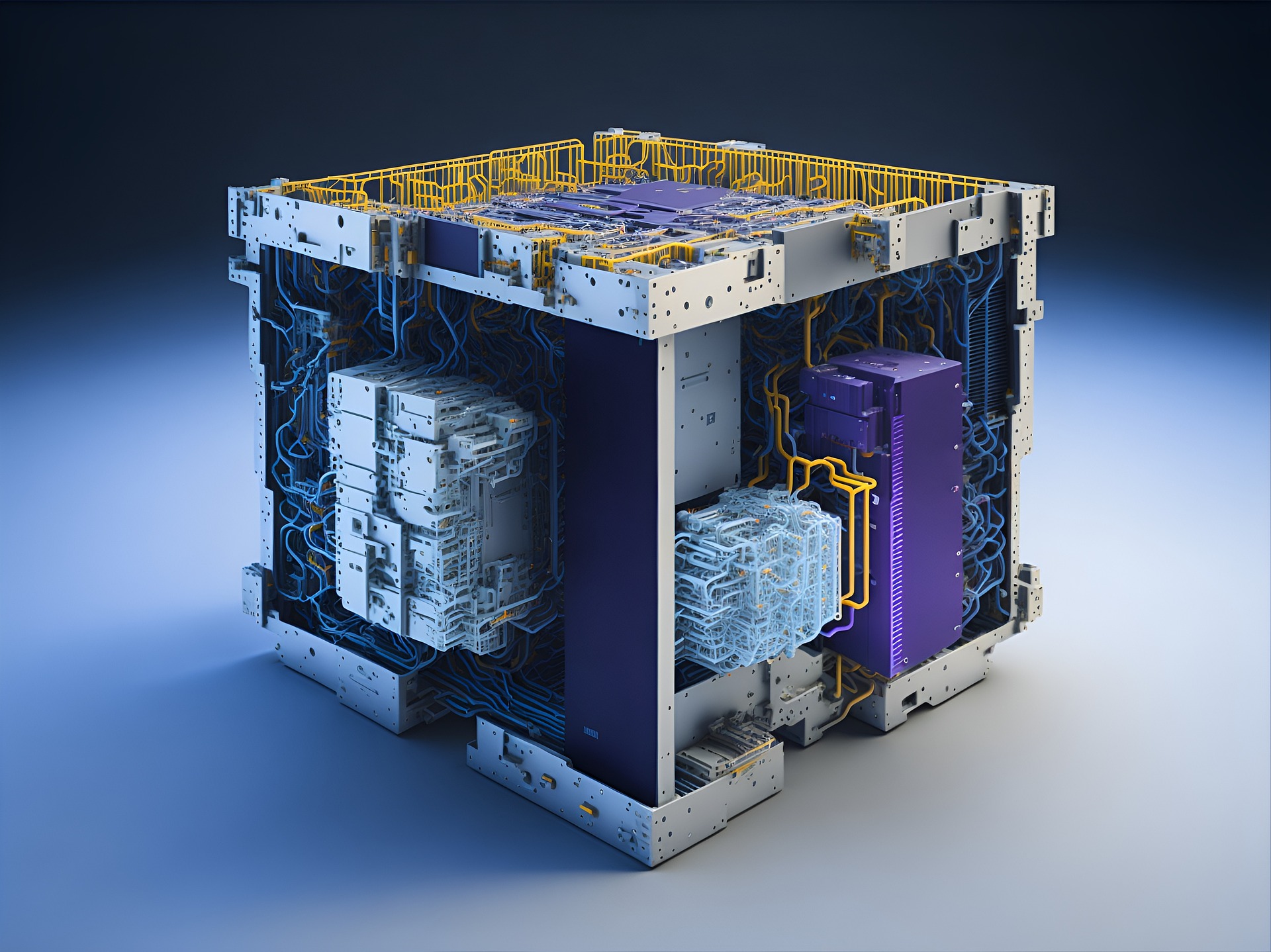Unveiling the Power of Microscale Combustion Technology: A Game Changer in Electronics
Microscale combustion technology, an unconventional approach to energy generation, has the potential to revolutionize the world of electronics. With its promise of miniature power plants, it holds the key to a new era of compact, efficient, and long-lasting devices.

Microscale combustion technology is an exciting and relatively under-explored field that could transform our relationship with electronics and energy consumption. The technology leverages the physical phenomena that occur when combustion processes are reduced to a micro or even nanoscale. This can result in highly efficient, clean, and portable energy sources that could power everything from laptops to drones.
The Birth of a New Power Paradigm
The roots of microscale combustion technology date back to the 1990s, when researchers began to explore the potential of micro-electro-mechanical systems (MEMS). However, it was not until the early 2000s that the idea of microscale combustion to power these systems started gaining traction.
Since then, the field has progressed rapidly, with researchers developing a range of microscale combustion devices, including microthrusters, micro heat engines, and micro power generators. Despite their small size, these devices can generate significant amounts of power and hold the potential to replace or supplement traditional batteries in a variety of applications.
A New Generation of Electronics
The impact of microscale combustion technology on the electronics market could be profound. By integrating microscale combustion devices into electronic systems, manufacturers could develop smaller, more portable, and longer-lasting devices.
One of the primary benefits of this technology is its potential for energy density. Traditional batteries are limited by their energy storage capacity, but microscale combustion devices don’t have this restriction. They can generate power as long as they have fuel, making them an incredibly efficient and sustainable power source.
A Price Tag for the Future
While it’s still early days for microscale combustion technology, some estimates suggest that the cost of producing these devices could be comparable to that of traditional batteries. However, the long-term savings could be significant, given their potential for increased lifespan and reduced energy consumption.
Moreover, as the technology matures and production scales up, costs are likely to decrease, making it a potentially affordable solution for a wide range of applications.
Breaking Barriers in Technology
Despite its potential, microscale combustion technology faces several challenges. The high temperatures involved in the combustion process can cause material degradation, reducing the lifespan of the devices. Furthermore, the technology needs to overcome the hurdle of miniaturizing the fuel delivery and ignition systems to a microscale.
However, researchers are hard at work addressing these issues, and recent advancements suggest that these challenges are not insurmountable.
The Journey Ahead
In a world increasingly dependent on portable electronics, the search for efficient, compact, and sustainable power sources has never been more important. Microscale combustion technology could provide the answer, ushering in a new era of electronic devices that are as powerful and durable as they are portable and efficient.
While the road to commercialization is still long and fraught with challenges, the potential rewards are enormous. It’s a technology that promises to redefine our relationship with electronics, offering a glimpse of a future where power is no longer a constraint but a liberating force.
Microscale combustion technology - remember this term, for it may just be the game-changer in the world of electronics, powering the technologies of tomorrow with a spark that starts today.




